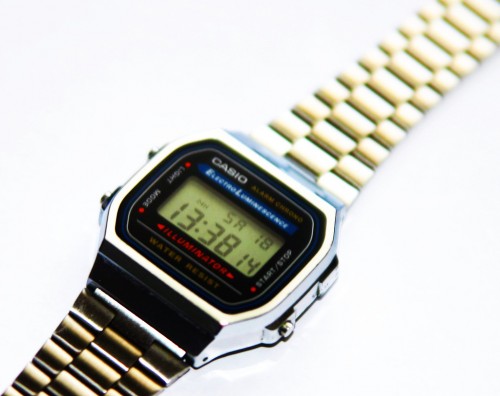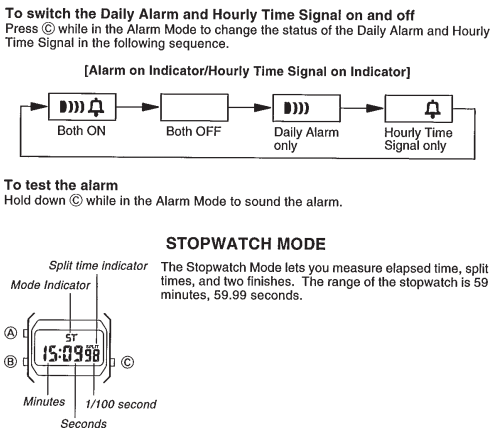Download Squad suggests that group messaging is going to be the next big thing in mobile communications:
The next big thing in mobile communications seems to be group messaging, and that’s no real surprise. If we take a look at the currently entrenched communication platforms, not many of them do more than messaging one-to-one or one-to-a-few well. Sure you can have group chats using traditional IM protocols, but they are inherently transitory.
I have to agree with them somewhat. I don’t know if that’s necessarily going to be the next big thing or if it will be big at all, but it is something that is needed. Today. By many people.
Living in Cyprus, a rather small country with not many ties to technology, I am often much behind the needs of my friends from more populated areas. There is usually a three to five year gap between the time when my American and English friends form a new communication need, and the time when I do so. And more often than not, this gap is enough for a good solution to the problem exist before I even have the actual problem.
With group messaging it is different. At least in the last part. I need it now. Yesterday even. And there is nothing uniform, free, and convenient. Email and Skype are the two tools I use for those purposes the most right now. But neither of them, no together, they solve the problem. They are good enough for when I am (as well as other group members) are online and at their computers. But more and more often we really need a solution that bridges mobiles and desktops.
Features that I personally need are:
- cross-platform client (Linux/Windows/Apple desktop, Android/iPhone/Blackberry mobiles, and also web)
- server-side history with synchronization
- offline messages (if the participant is offline, you should still be able to send the message and he should receive it when he comes online)
- persistent groups (I don’t want to redefine same groups over and over by adding individual members to chat)
- persistent chats (same chat can continue for days or weeks, while there can be more than one chat in progress with the same group, so archiving has to be smart)
- UTF-8 and multilingual support
- attachments and web friendliness (thumbnails for pictures and videos, highlighted URLs and email addresses, etc)
- basic styling (mostly for quotes and code snippets)
- ideally, integration with Google/Facebook/Twitter/Oauth or something else that would save me the trouble of yet another registration, pair of credentials, and all the hard work for contact/group building.

